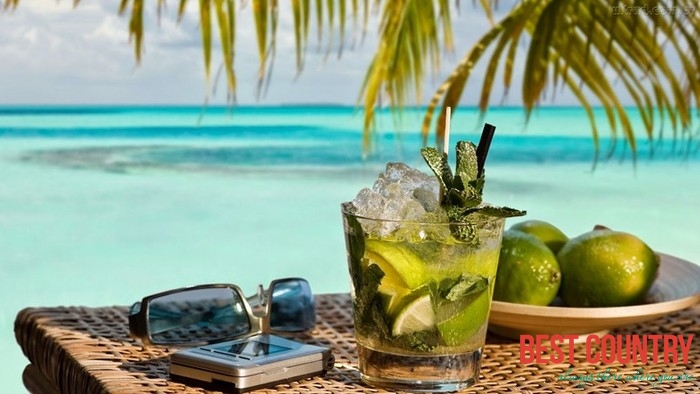Alcoholic beverages of Brazil

The strength of cachaça can be hidden in cocktails like the famous caipirinha, where it is mixed with sugar, lime juice and ice. Using vodka instead of cachaça is nicknamed caipiroska or caipivodka; with white rum, it's a caipiríssima; and with sake it's a sakerinha (not in every region).
Another interesting concoction is called capeta ("devil"), made with cachaça, condensed milk, cinnamon, guarana powder (a mild stimulant), and other ingredients, varying by region.
If you enjoy fine brandy or grappa, try an aged cachaça. Deep and complex, this golden-coloured spirit is nothing like the ubiquitous clear liquor more commonly seen.
While imported alcohol is very expensive, many international brands are produced under license in Brazil, making them widely available, and fairly cheap. You can buy booze in the tax-free after landing at brazilian airports, but it is more expensive than buying it outside the airports.
The legal drinking age is 18.